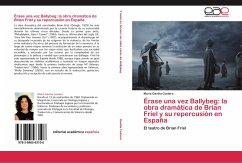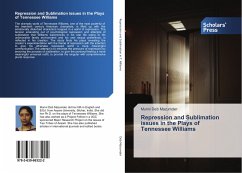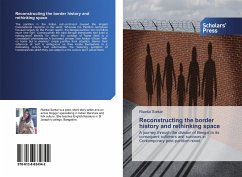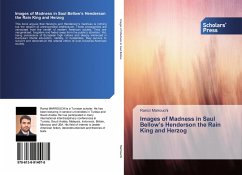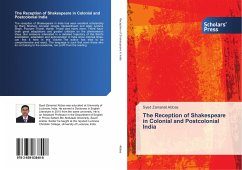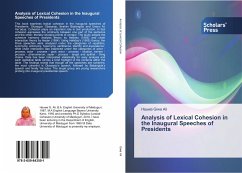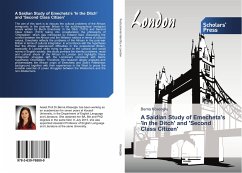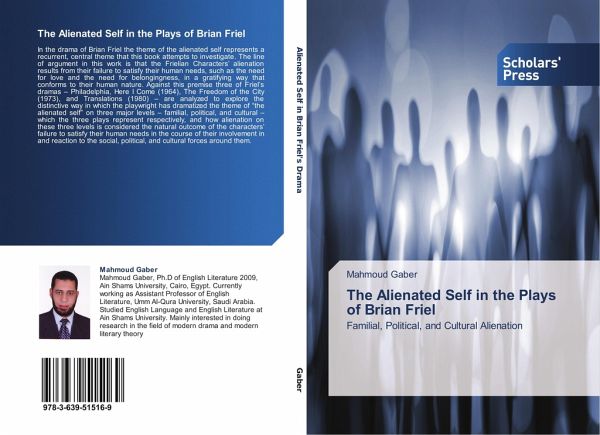
The Alienated Self in the Plays of Brian Friel
Familial, Political, and Cultural Alienation
Versandkostenfrei!
Versandfertig in 6-10 Tagen
40,99 €
inkl. MwSt.

PAYBACK Punkte
20 °P sammeln!
In the drama of Brian Friel the theme of the alienated self represents a recurrent, central theme that this book attempts to investigate. The line of argument in this work is that the Frielian Characters alienation results from their failure to satisfy their human needs, such as the need for love and the need for belongingness, in a gratifying way that conforms to their human nature. Against this premise three of Friel s dramas Philadelphia, Here I Come (1964), The Freedom of the City (1973), and Translations (1980) are analyzed to explore the distinctive way in which the playwright has dramat...
In the drama of Brian Friel the theme of the alienated self represents a recurrent, central theme that this book attempts to investigate. The line of argument in this work is that the Frielian Characters alienation results from their failure to satisfy their human needs, such as the need for love and the need for belongingness, in a gratifying way that conforms to their human nature. Against this premise three of Friel s dramas Philadelphia, Here I Come (1964), The Freedom of the City (1973), and Translations (1980) are analyzed to explore the distinctive way in which the playwright has dramatized the theme of the alienated self on three major levels familial, political, and cultural which the three plays represent respectively, and how alienation on these three levels is considered the natural outcome of the characters failure to satisfy their human needs in the course of their involvement in and reaction to the social, political, and cultural forces around them.



